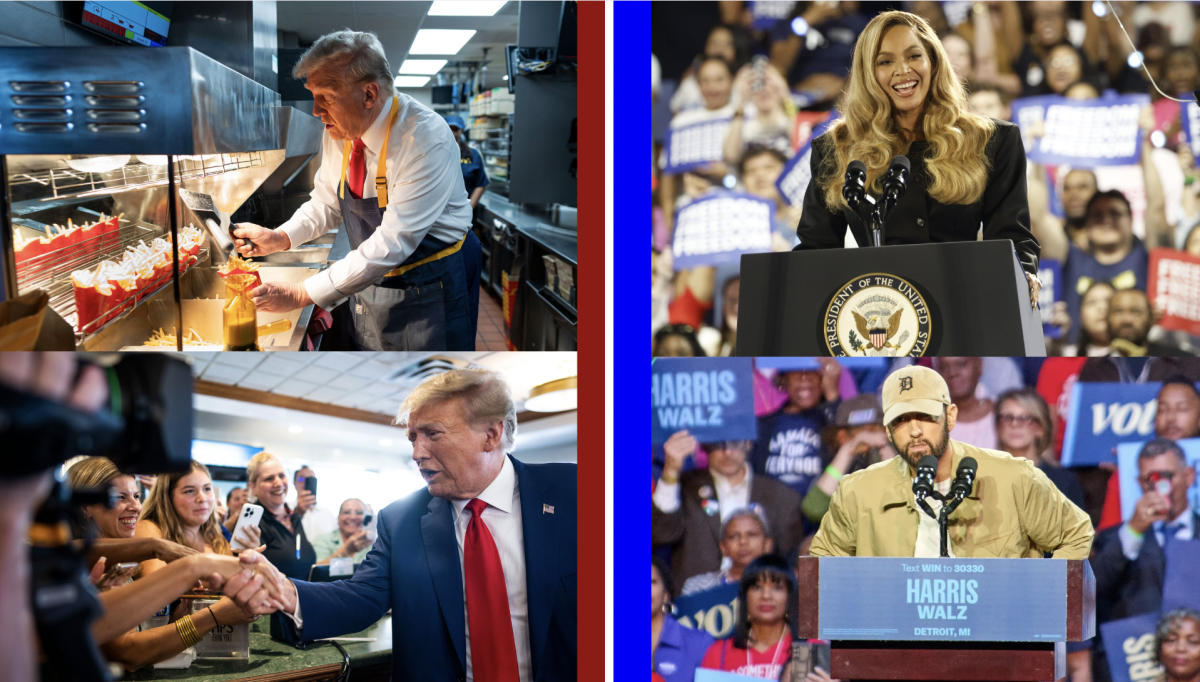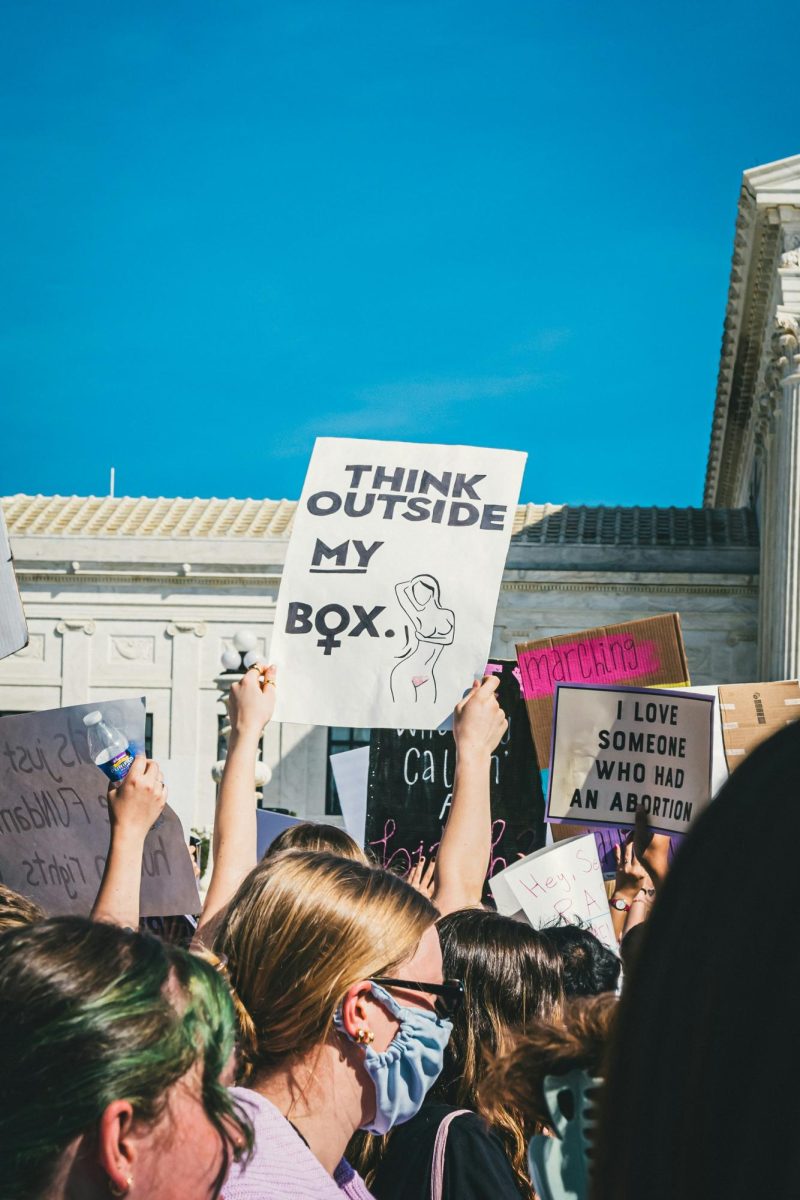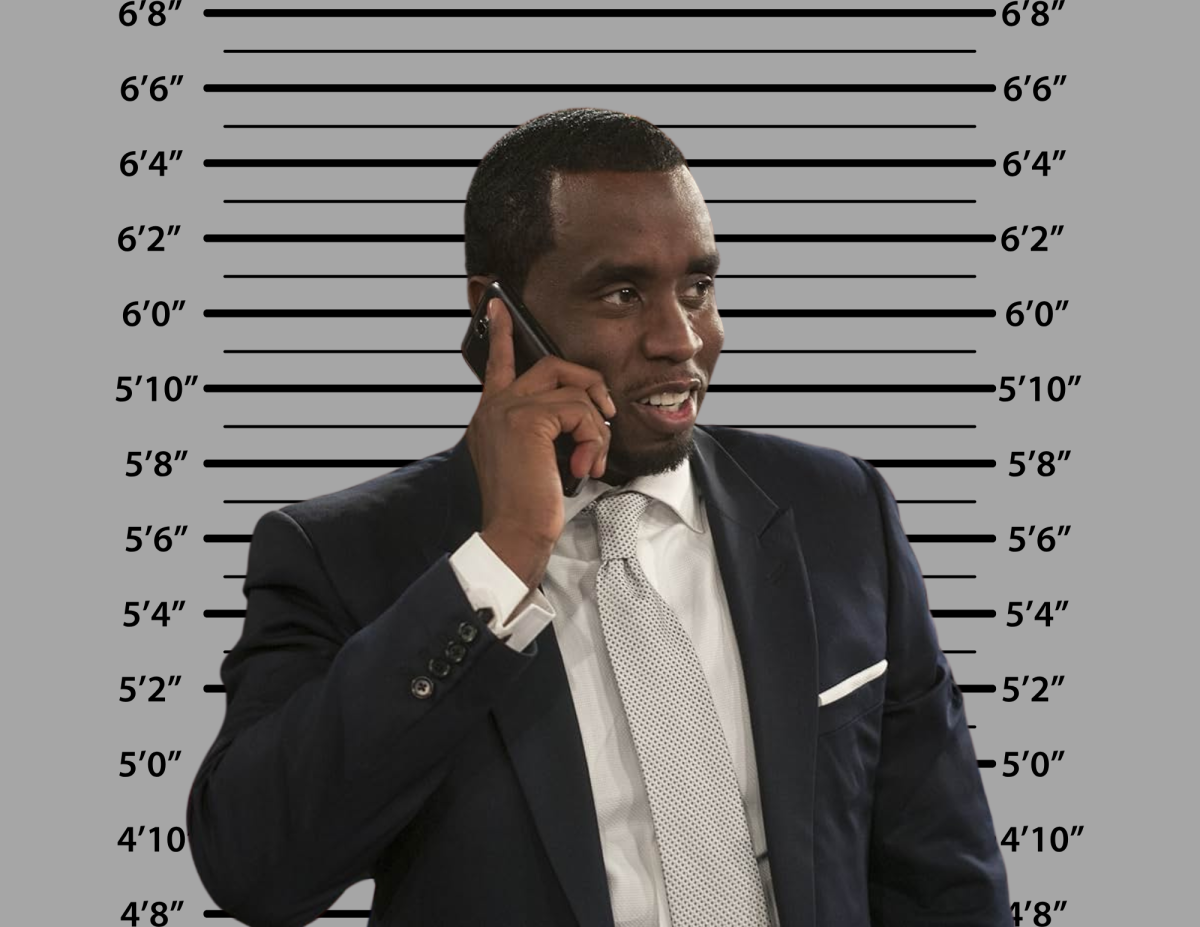Written by: Jakob Wood
America takes every opportunity to ring the bells of freedom, yet some of our greatest controversies come in the form of civil rights.
Black lives matter is a prime example. In the wake of the Ferguson shooting, media have latched on to countless cases of police brutality, especially against the African-American community. Just this past July, footage depicting the unnecessary arrest of Sandra Bland went viral, once again instigating public outrage.
PolitiFact found that, “more whites than blacks die as a result of an encounter with police,” which seems to be a common argument against the topic of police brutality against black lives, but people forget that, “whites also represent a much bigger chunk of the total population.” In fact, according to the CDC, African-American make up roughly 13 percent of the our nation’s entire population.
Still, many people don’t understand how Black Lives Matter is a declaration for equality. They retort with All Lives Matter, claiming that equality can’t be achieved by marches of pride. Perhaps they think they hear a supremacist attitude in the shouts of angered African-American.
What many people don’t understand is that Black Lives Matter and Black History Month are movements to remind the rest of the population that minorities matter too.
White history and Straight pride already exist in every textbook and document that built this nation, and nearly every other nation for that matter. Racial equality is not real just because an “official” document says so or because our nation finally elected a black man to lead our country after 43 presidents. Equality is real when job applications don’t incorporate questions about ethnicity or the wages of women are equivalent to men or movies can casually cast a black lead.
Other people claim that racial discrimination only persists because we keep bringing it up. This opinion dares to claim there isn’t a significant conflict at hand. It’s hard to believe something that one hasn’t experienced or witnessed firsthand
The hashtag Black Lives Matter serves as a reminder that we often forget about minorities, ignoring the discrimination that still persists into the 21st century. Even the notion that these movements aren’t really relevant is, to some degree, discriminatory.
I will admit, violent riots are irrational and regressive for the black community, but this outburst isn’t without a source.
People are angry. They’re angry about discrimination. They’re angry about stereotypes. They’re angry about going unrecognized. They’re angry about being told there’s nothing to be angry about.
We can’t fix this problem if we refuse to agree that there is one. Black lives matter.





